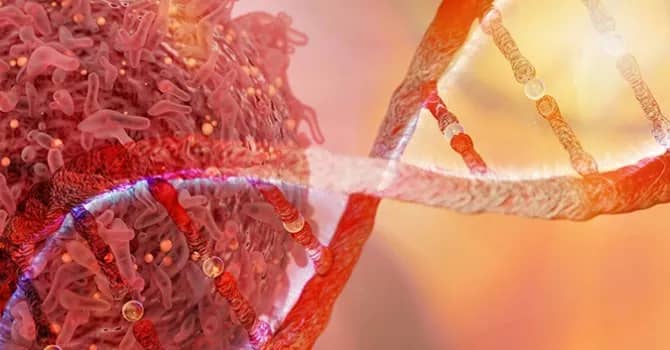Cannabinoids have been shown to enhance the activity of natural killer (NK) cells, which are immune cells that play a critical role in the recognition and destruction of cancer cells.
One of the most well-known applications of cannabis for cancer treatment is its ability to alleviate cancer-related symptoms such as pain, nausea, and loss of appetite. Cannabis can also help to reduce inflammation, which is a key driver of cancer progression. However, it is important to note that cannabis use can have side effects, including dizziness, drowsiness, and impaired cognitive function.

